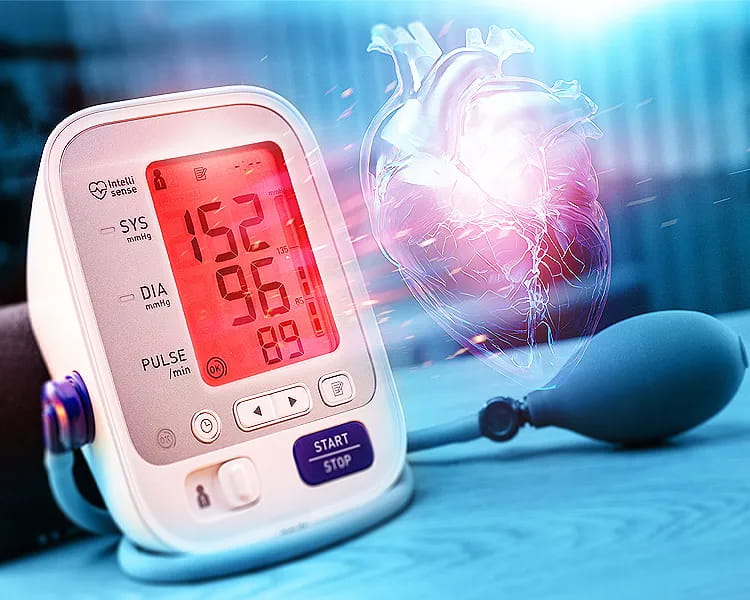Key takeaways
- Hypertension in elderly Sri Lankans is growing, with nearly seven in ten in their seventies affected.
- Diets high in salt, limited screenings, and financial or caregiving stress all contribute to the crisis.
- Only one in five patients keeps blood pressure under proper control.
- Prevention is possible with salt reduction, physical activity, stress management, and regular checkups.
- Local foods like gotu kola, young jackfruit, bananas, and mukunuwenna can help lower blood pressure naturally.

How was the experience with the article?
We'd love to know